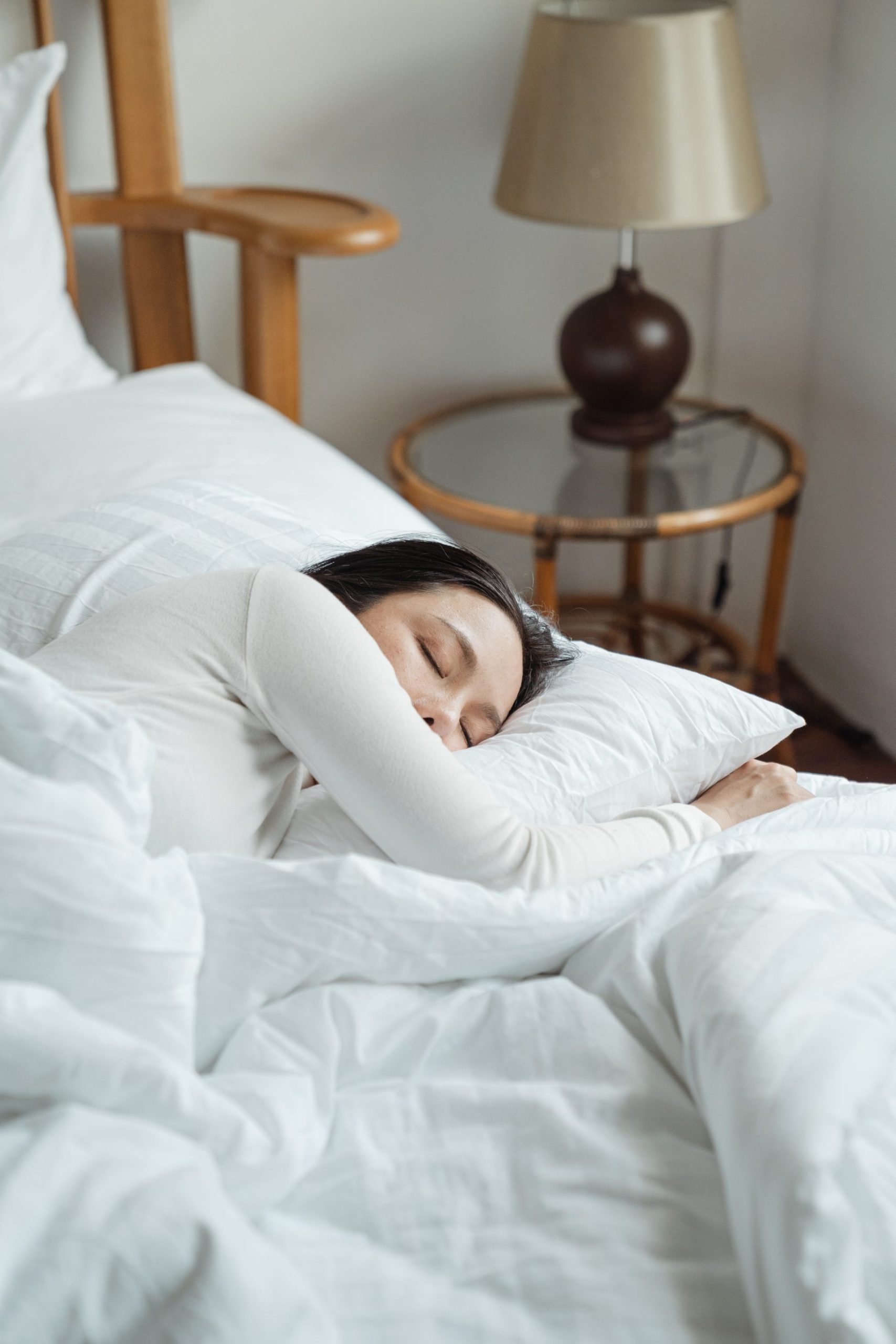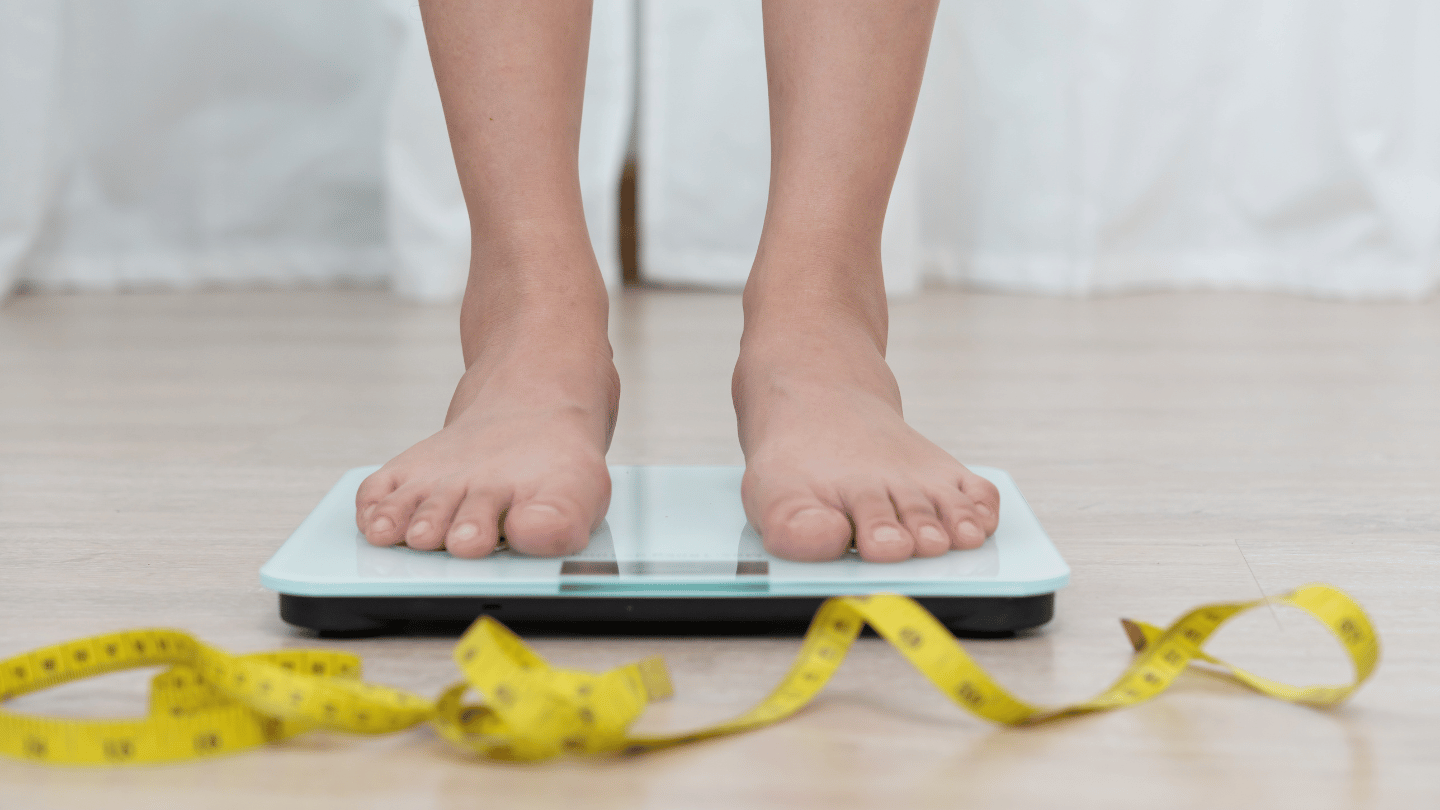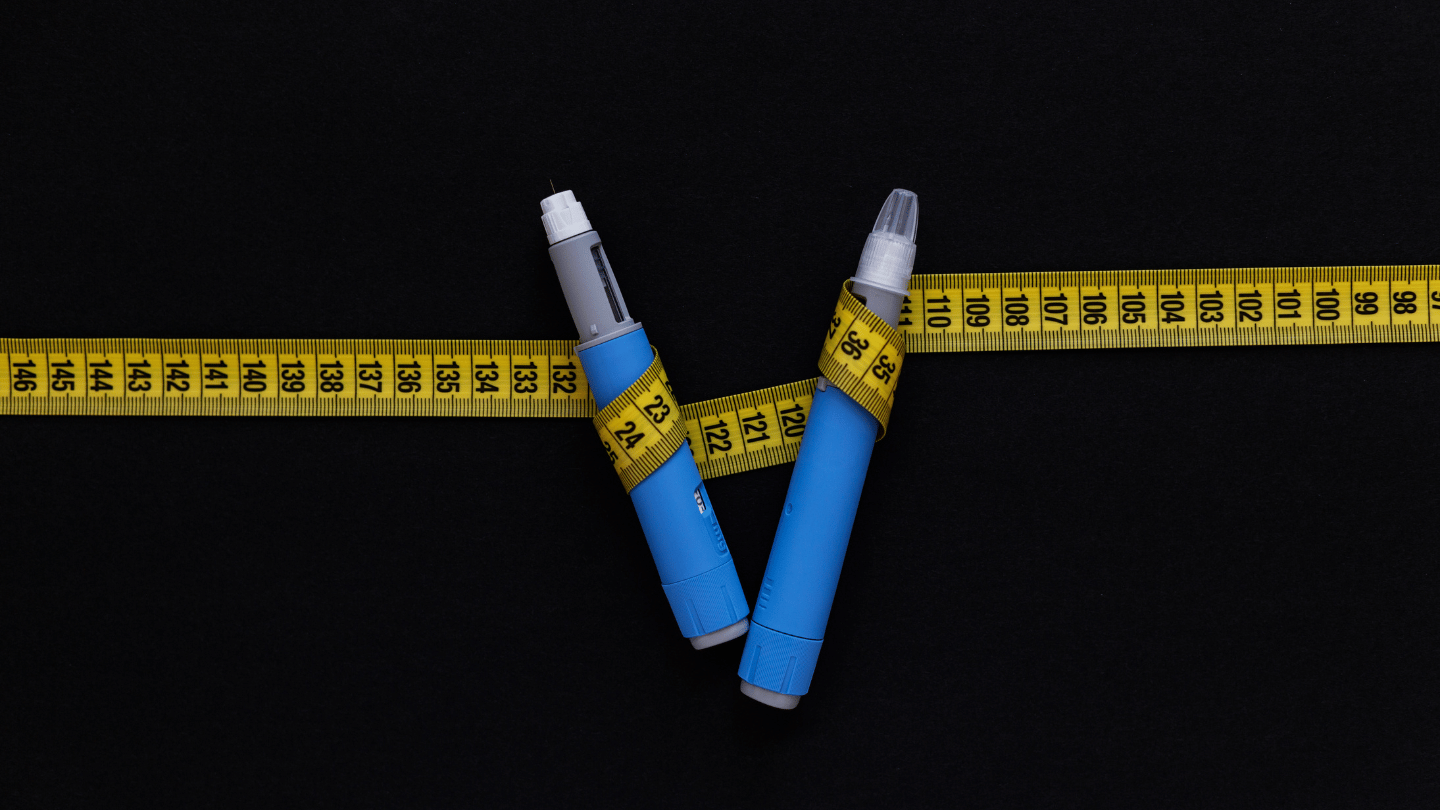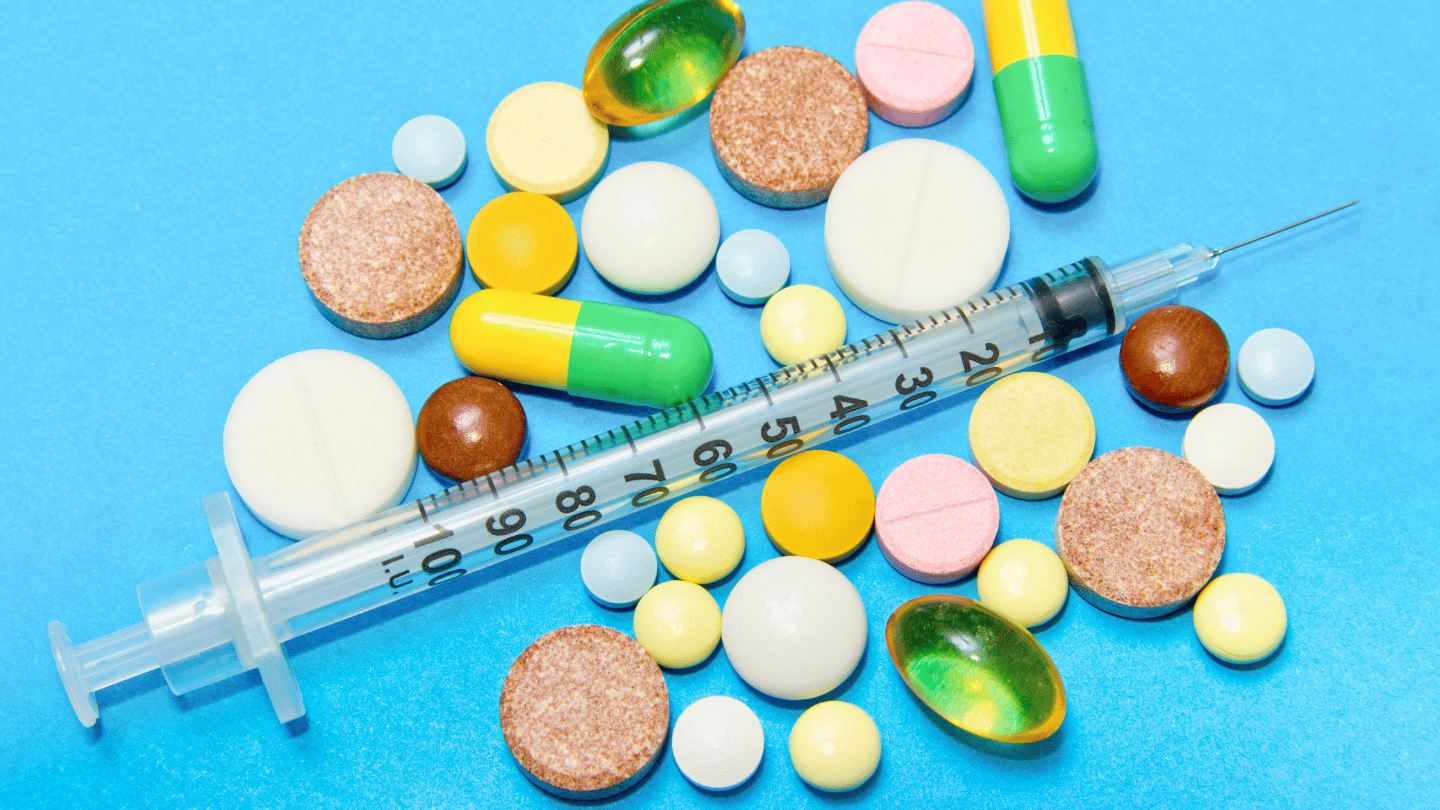People with major depressive disorder (depression) often feel sad and hopeless, losing interest in activities they once enjoyed. In contrast, people with bipolar disorder experience both depressive episodes and periods of high energy and optimism. Let’s explore the main differences between bipolar disorder vs. depression.
What Are the Signs and Symptoms of Major Depressive Disorder (Depression)?
- Prolonged feelings of sadness or hopelessness
- Changes in appetite (either loss of appetite or overeating)
- Thoughts of death or suicide
- Insomnia or sleeping too much
- Tiredness
- Poor concentration
- Loss of interest in previously enjoyable activities
- Poor memory
- Irritability
- Vague pains or physical complaints that do not respond to treatment
How Is Depression Treated?
Treatment for depression usually includes antidepressants and talk therapy. Common medications include:
Selective Serotonin Reuptake Inhibitors (SSRIs)
Increase serotonin levels in the brain to help cells communicate.
- Prozac (fluoxetine)
- Celexa (citalopram)
- Paxil (paroxetine)
- Zoloft (sertraline)
Serotonin and Norepinephrine Reuptake Inhibitors (SNRIs)
Increase levels of serotonin and norepinephrine.
- Pristiq (desvenlafaxine)
- Cymbalta (duloxetine)
- Effexor (venlafaxine)
Atypical Antidepressants
Work in unique ways. For example, Trazodone increases serotonin levels and blocks certain brain receptors. It is used to treat insomnia and stabilize mood.
What Are the Signs and Symptoms of Bipolar Disorder?
Bipolar disorder, formerly known as manic-depressive disorder, includes periods of depression and episodes of extreme energy, optimism, and elevated mood called mania or hypomania. Symptoms include:
- Feeling abnormally happy or “high” for long periods
- Getting little sleep
- Racing thoughts and talking fast
- Impulsivity
- Distractibility
- Overconfidence
- Risky behavior such as gambling or overspending
How Is Bipolar Disorder Treated?
Bipolar disorder is treated with medications that stabilize mood. Sometimes antidepressants are used, but they must be combined with other medications to prevent triggering manic episodes.
Mood Stabilizers:
- Lithium: Effective for some patients but requires careful monitoring. It can worsen psoriasis and is not recommended for pregnant or breastfeeding women.
Anticonvulsants:
- Depakene (valproic acid)
- Depakote (divalproex)
- Tegretol (carbamazepine)
- Lamictal (lamotrigine)
Antipsychotics:
- Zyprexa (olanzapine)
- Risperdal (risperidone)
- Seroquel (quetiapine)
- Abilify (aripiprazole)
- Geodon (ziprasidone)
- Latuda (lurasidone)
- Saphris (asenapine)
Antidepressant-Antipsychotic Combination:
- Symbyax: Combines fluoxetine and olanzapine to treat depression and stabilize mood.
Anti-Anxiety Medications:
- Benzodiazepines like Valium can improve sleep short-term but should generally be avoided.
Managing Depression vs. Bipolar Disorder with QuickMD
QuickMD can help you manage depression or bipolar disorder remotely through telemedicine. Our services include counseling and prescription refills. To get started, contact a QuickMD provider today.
Need help managing depression or bipolar disorder? Visit QuickMD today to schedule your telemedicine appointment and get expert guidance and treatment.
















